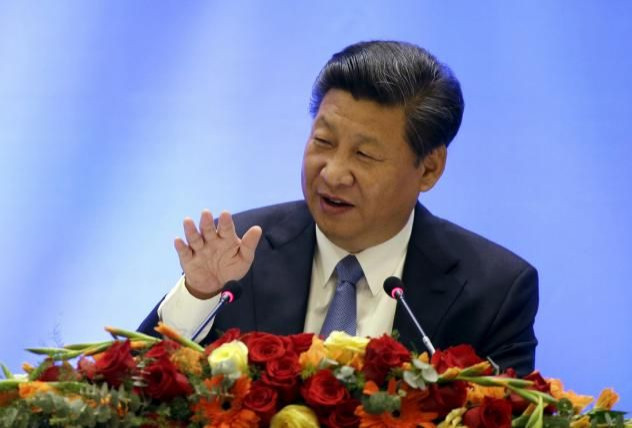China to hard sell Asia Pacific free trade plan at APEC Summit in Manila, downplays South China Sea issue

China will push its vision of an Asia-Pacific trade pact at the Asia Pacific Economic Cooperation (APEC) summit in Manila to be held from Nov. 17-19.
The summit is significant as it comes weeks after the release of the TPP trade deal led by the US, which has excluded China. Beijing already had a soft launch of the APAC free trade concept to promote Free Trade in the Asia-Pacific (FTAAP), at the Asia-Pacific Economic Cooperation summit it hosted in 2014, reported The South China Morning Post.
In the Manila summit, China will report the findings of a study on the free-trade area, which President Xi Jinping will attend.
“We need to actively work for the establishment of FTAAP,” Vice Commerce Minister Wang Shouwen said.
Wang said China remained hopeful that the group would complete a road map for establishing the FTAAP framework.
“Our objective is to complete the joint strategic study next year and to present operable suggestions and recommendations to the leaders at next year’s summit,” he said.
Shadow of TPP
APEC’s 21 members account for more than 50 percent of global GDP and half of world trade. In the last APEC meeting, many participants endorsed the FTA idea, which is also seen by many as a counter to the TPP led by Washington, which covers the region’s top economies, barring China.
In the past one year, after TPP negotiations took the centre stage, China’s free-trade area was trailing in visibility. On Thursday, the long-secret text of the American-led pact was released and it drew cheers from global business interests. However, it was also frowned by many labour, environmental and health groups.
The TPP has been projected as world’s biggest free-trade deal for breaking the barriers of trade and investment among 12 countries that constitute 40 percent of the global economy.
South China Sea issue
Meanwhile, Vice Foreign Minister Li Baodong has made it clear that China is not aware of any plan to discuss the territorial dispute of South China Sea at the summit.
“APEC is mainly a platform to discuss economic and trade cooperation in the Asia-Pacific region,” he said and added there is consensus on this point.
However, the US State Department spokesman Mark Toner said the APEC gathering is for economic matters, but the South China Sea can also come up on the sidelines of the summit if it was not on the agenda itself.
China faces overlapping claims in South China Sea with Vietnam, the Philippines, Malaysia, Taiwan and Brunei, through which US$5 trillion of annual ship-borne trade passes, Reuters reported.
China has been unhappy with the action of the Philippines in lodging a case at an arbitration court in the Netherlands over the South China Sea. It has refused to participate in the case.
Manila in limelight
The APEC summit has brought international limelight on Manila. It is for the first time in nearly two decades that the Philippines is hosting APEC leaders for the region's high-level event. Manila has already turned into a venue for many high profile meetings that started on Nov.12 and will go until 19th. The city is witnessing the convergence of who's who in global politics, business, and diplomacy, reports Rappler.
For feedback/comments, contact the writer at feedback@ibtimes.com.au or let us know what you think below.




















